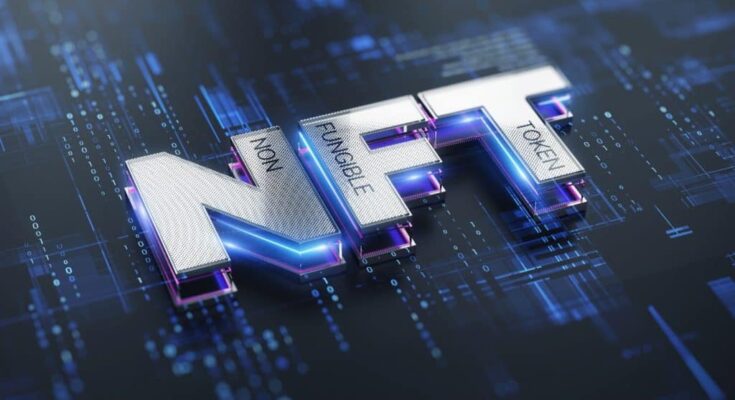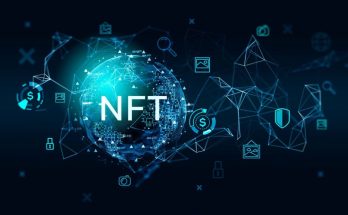In recent years, Non-Fungible Tokens (NFTs) have taken the digital world by storm, revolutionizing the concept of ownership in digital assets. From digital artwork to virtual real estate, NFTs have enabled creators to tokenize and sell their digital creations, often fetching millions of dollars in online auctions. However, this novel form of digital ownership has sparked complex legal debates surrounding intellectual property rights, copyright law, and the implications of tokenizing digital assets. This article explores the intersection of NFTs and intellectual property, dissecting the legal intricacies and challenges in this rapidly evolving landscape.
Understanding NFTs and Digital Ownership
Non-Fungible Tokens (NFTs) are unique digital tokens representing ownership or proof of authenticity of a specific digital asset, such as artwork, music, videos, or virtual goods in online games. Unlike cryptocurrencies like Bitcoin or Ethereum, which are fungible and interchangeable, NFTs are indivisible and cannot be replicated, making each token unique and distinguishable from others on the blockchain.
The Rise of NFTs and Digital Art
The popularity of NFTs soared with the emergence of digital art marketplaces, where artists could tokenize their artwork and sell it as NFTs to collectors. Platforms like OpenSea, Rarible, and Foundation facilitated the buying and selling of digital art NFTs, leading to a surge in demand and valuations for digital creations. Notable examples include Beeple’s “Everydays: The First 5000 Days,” which sold for a record-breaking $69.3 million in March 2021, cementing NFTs as a viable marketplace for digital artists.
Legal Implications of NFTs on Intellectual Property
Despite the excitement surrounding NFTs, their intersection with intellectual property law raises several legal challenges and questions. One of the primary concerns is copyright infringement, as NFTs enable the tokenization and sale of digital assets without explicit permission from the original creators. This has led to disputes over ownership rights and royalties, especially in cases where artists’ works are tokenized and sold as NFTs without their consent.
Copyright Law and Digital Assets
Copyright law, which governs creative works’ reproduction, distribution, and public display, faces unique challenges in NFTs. While creators retain copyright ownership of their digital works, tokenizing them as NFTs introduces complexities in determining ownership rights and the scope of copyright protection. Additionally, the decentralized nature of blockchain technology, which underpins NFT transactions, presents challenges in enforcing copyright law and holding infringers accountable.
Protecting Intellectual Property in the NFT Ecosystem
To address the legal challenges surrounding NFTs and intellectual property, creators and platforms are exploring various mechanisms to protect digital assets and ensure fair compensation for creators. Smart contracts embedded in NFTs can include royalty mechanisms, allowing creators to receive a percentage of sales proceeds each time their NFTs are resold in secondary markets. Platforms are also implementing policies to verify the authenticity of digital assets and ensure compliance with copyright law.
Conclusion: Navigating the Legal Landscape of NFTs and Intellectual Property
As NFTs continue to reshape the digital landscape, the legal framework surrounding intellectual property rights and digital ownership remains fluid and evolving. While NFTs offer unprecedented opportunities for creators to monetize their digital creations, they also present complex legal challenges that require careful consideration and navigation. As stakeholders in the NFT ecosystem, including creators, platforms, and collectors, grapple with the legal implications of digital ownership, collaboration and innovation will be essential in shaping a sustainable and equitable future for NFTs and intellectual property rights.


